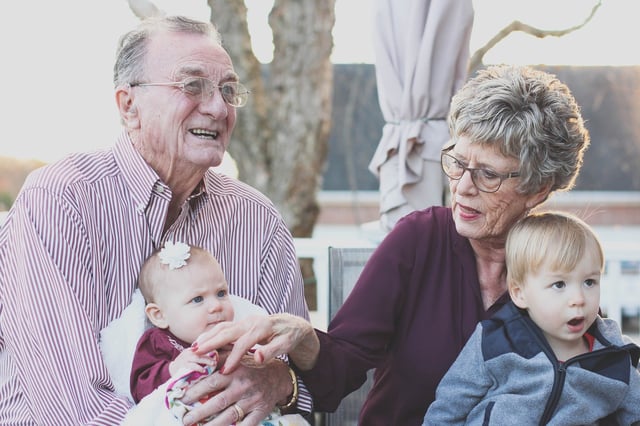Overview
- UC San Francisco and Boston University researchers examined genetic and social data from 500,000 UK Biobank participants with an average age of 56.
- Higher genetic risk was associated with less isolation, broader participation in leisure activities and stronger family ties in midlife.
- Analysis found no significant differences between risk groups in reported loneliness, friendship quality or emotional support.
- Investigators note it remains unclear whether those at risk initiate more social contact or receive heightened support from others.
- The study reinforces evidence that lifestyle factors such as exercise, blood pressure management and mental well-being account for about 30% of Alzheimer’s cases.

